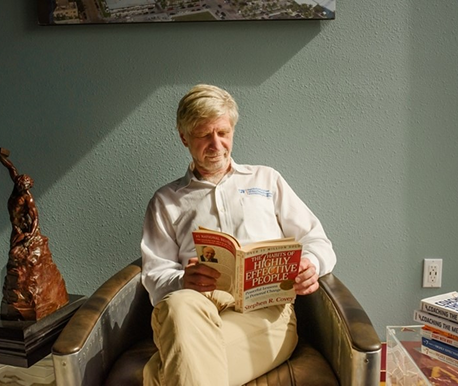Can style really trump substance? Can a confident smooth talker gain our trust more easily than a more competent but less-polished speaker?
Unfortunately, according to a Harvard Business School study (Harvard Business Review, November 2010, p. 36), we gullible humans are quite easily fooled, placing our faith more in eloquence than in honesty.
Subjects were shown three videos of a political debate. In the first, a question was answered directly but not eloquently. In the second, the question was dodged by answering a similar question. In the third video, the question was dodged completely by segueing into an entirely different question. Subjects’ level of trust was more closely tied to the style of the answer (level of confidence displayed, tone of voice, eye contact, lack of “uh”s) than to its responsiveness.
We like to think that honesty will be rewarded, that it is competency and character that matter most, that we are wise enough to embrace rough-hewn integrity over polished artifice.
Perfection does not exist and when we ask our leaders to be perfect, to have no blemishes or flaws, to never stumble or mis-speak, in effect we ask them to lie to us, to become well-rehearsed facades.
We would be well served, as individuals and as a nation, to focus our judgments on true fundamentals of character and spirit and not surface characteristics.
As the good Lord said: “Let he who is without sin cast the first stone.”
Closing quotes:
“Education has failed in a very serious way to convey the most important lesson science can teach: skepticism.” – David Suzuki
“The skeptic does not mean him who doubts, but him who investigates or researches, as opposed to him who asserts and thinks that he has found.” – Miguel de Unamuno
“The capacity to combine commitment with skepticism is essential to democracy.” – Mary Catherine Bateson
“Authority has every reason to fear the skeptic, for authority can rarely survive in the face of doubt.” – Vita Sackville-West





